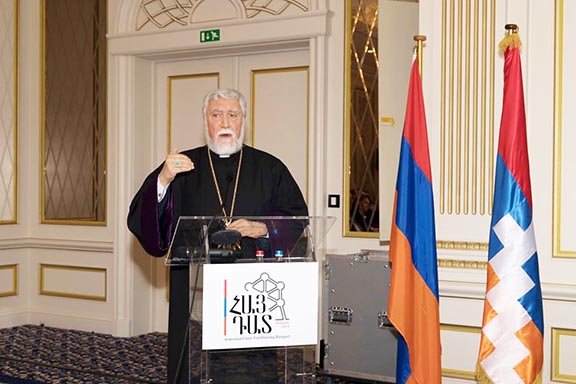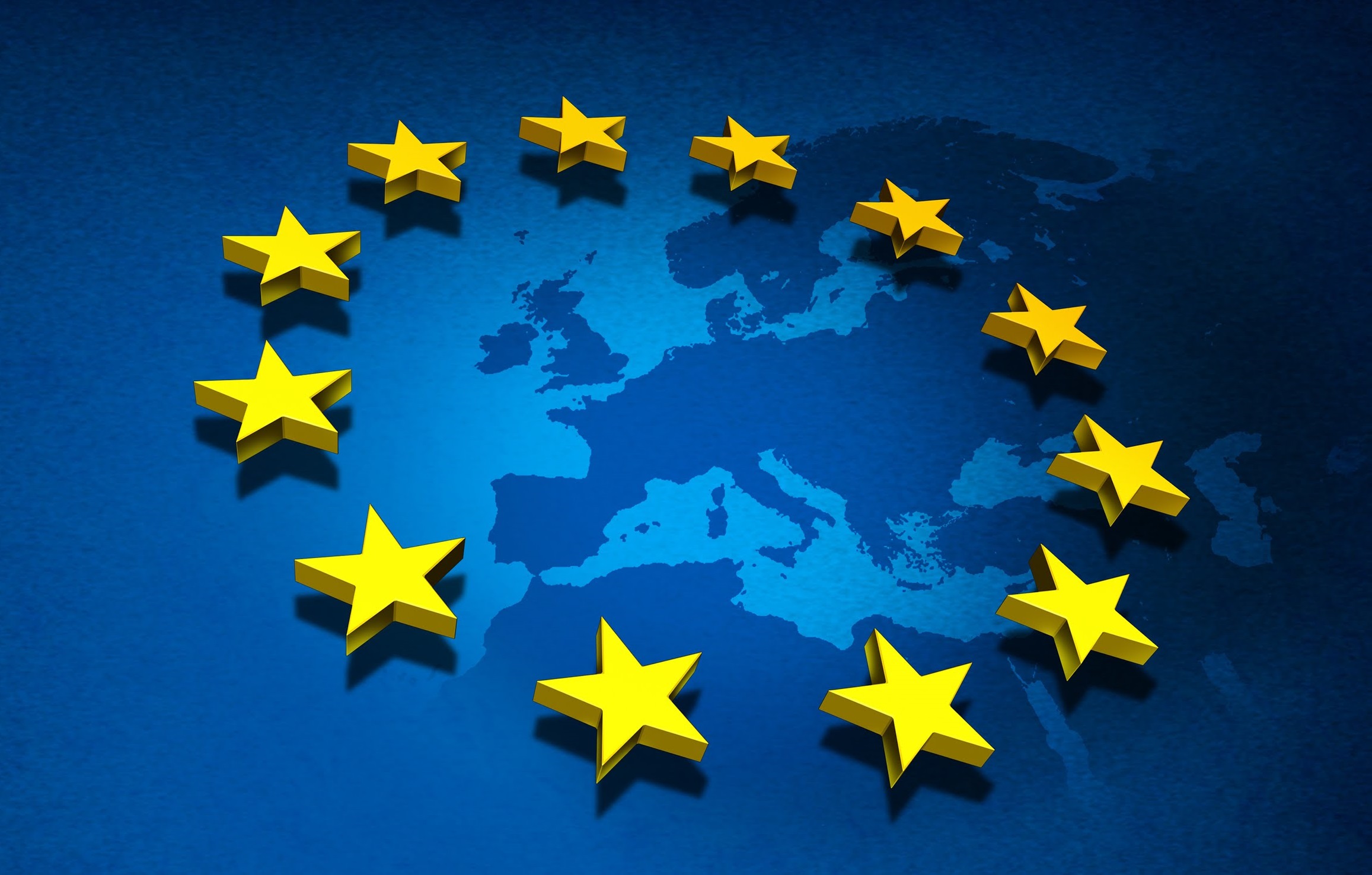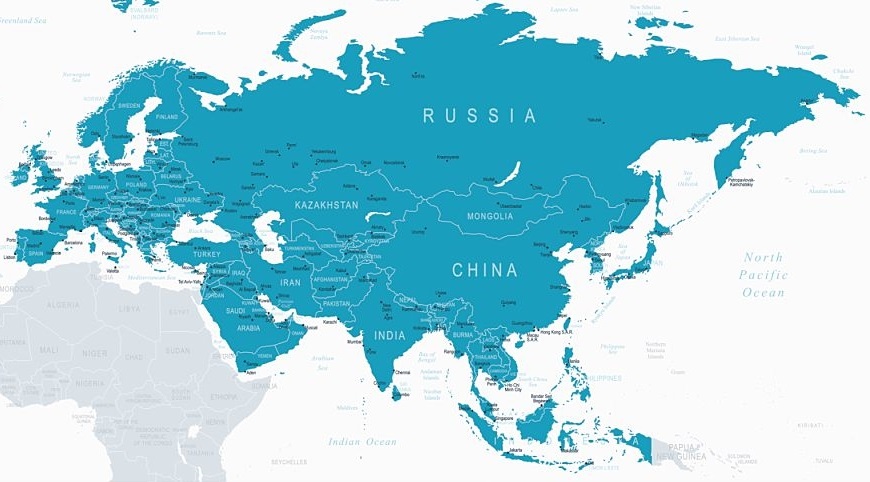“To blow hot and cold” is also a French idiom used very commonly. It means a rapid change of idea or defending two opposite ideas concerning a certain issue at the same time. France’s stance on the Armenian Question is really blowing hot and cold, which is appropriate to this phrase. The most essential factor of the Turkish-Armenian conflict is the genocide allegations. When a draft law, foreseeing the punishment of those denying these allegations, was rejected in the French Senate this year in May by declaring that it was contradictory to the Constitution, the Armenians in France had criticized very much President Sarkozy who had not made any effort for the adoption of the draft law. The President had not considered this very important at first, but when the Socialists had gained the majority in the Senate during the by-elections, followed by François Hollande, known for supporting Armenian views, becoming presidential candidate for the Socialist Party, Sarkozy had immediately changed his stance and done everything possible to seem sympathetic during his visit to Armenia last month and moreover, had indicated that he would strive for the draft resolution to be adopted. In short, President Sarkozy had started “blowing cold” towards Turkey. However, since falling into a serious disagreement with a country as great and powerful as Turkey for the sake of two and a half million populated Armenia and approximately three hundred thousand French Armenian voters is not politically correct, changing this situation as much as possible; in other words, the task of “blowing hot” towards Turkey to a certain extent was up to Foreign Minister Alain Juppé. France, along with Germany, is the country which opposes Turkey’s EU membership the most, but Foreign Minister Juppé, during his visit to Turkey, declared that after completing the internal reforms of the European Union, progress could be made in the enlargement of the Union; in other words, then Turkey’s membership could be addressed. On the other hand, he said that three new chapters could be opened within negotiations with the EU. In short, Juppé has given some not very definite hopes to Turkey on EU matters. Concerning the Armenian Question, which is the second significant disagreement between Turkey and France, Juppé has indicated that he supports Turkey’s proposal for a “Commission of Historians”, that surely this Commission should also entail Armenia and that its meetings could be held in Paris. However, in order to be cautious, he has also stated that he will present this idea to President Sarkozy. In short, as mentioned above, by “blowing hot” towards Turkey, Juppé has tried to soften Turkey’s stance towards France. However, when examining closely, the French Foreign Minister’s words did not indicate a radical change in France’s approach towards the issue of the European Union, nor towards the Armenian Question. As could be predicted, the reactions of the Armenian circles have been harsh towards Juppé’s statements. While the Armenian media in France has asked the question “Who is France’s boss? Sarkozy or Juppé?”, Eduard Sharmazanovm the Spokesman of the Republican Party, the great partner of the Government coalition in Armenia, has repeated the well known Armenian views that the issue of genocide could never be discussed. Furthermore, by stating that this issue is not historical, but political so therefore it requires a political solution, he has implied that their aim was achieving the returning of the Armenian properties, receiving compensation and the other claims on Turkey by using and abusing the genocide allegations. Although no reactions have been received from the Armenian Government yet, it should not be expected for Armenia to adopt an approach that would offend France which it has close relations with. In fact, it is likely that as it has always done until now, based on the 1990 Armenian Declaration of Independence and the decision of the Constitutional Court of 12 January 2010 concerning the Turkey-Armenia Protocols, it will again reject the proposal for a commission of historians by once again putting forth the idea that “the reality of genocide cannot be discussed”.
© 2009-2025 Center for Eurasian Studies (AVİM) All Rights Reserved
“GENOCIDE” LAW IN GREECE
THE AFTERMATH OF APRIL 24
 A NEW ATTACK OF THE ARMENIAN CATHOLICOS OF ANTELIAS ARAM I IN BELGIUM
A NEW ATTACK OF THE ARMENIAN CATHOLICOS OF ANTELIAS ARAM I IN BELGIUM
 EUROPE AND THE EUROPEAN UNION - THE EUROPEAN SEGREGATION
EUROPE AND THE EUROPEAN UNION - THE EUROPEAN SEGREGATION
 TURKEY’S INTERESTS AND CONSTRUCTIVE EURASIANISM
TURKEY’S INTERESTS AND CONSTRUCTIVE EURASIANISM
 THE ART OF DODGING THE QUESTION
THE ART OF DODGING THE QUESTION




























